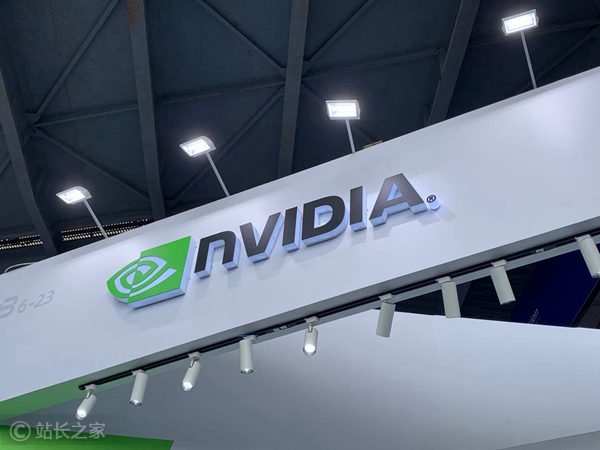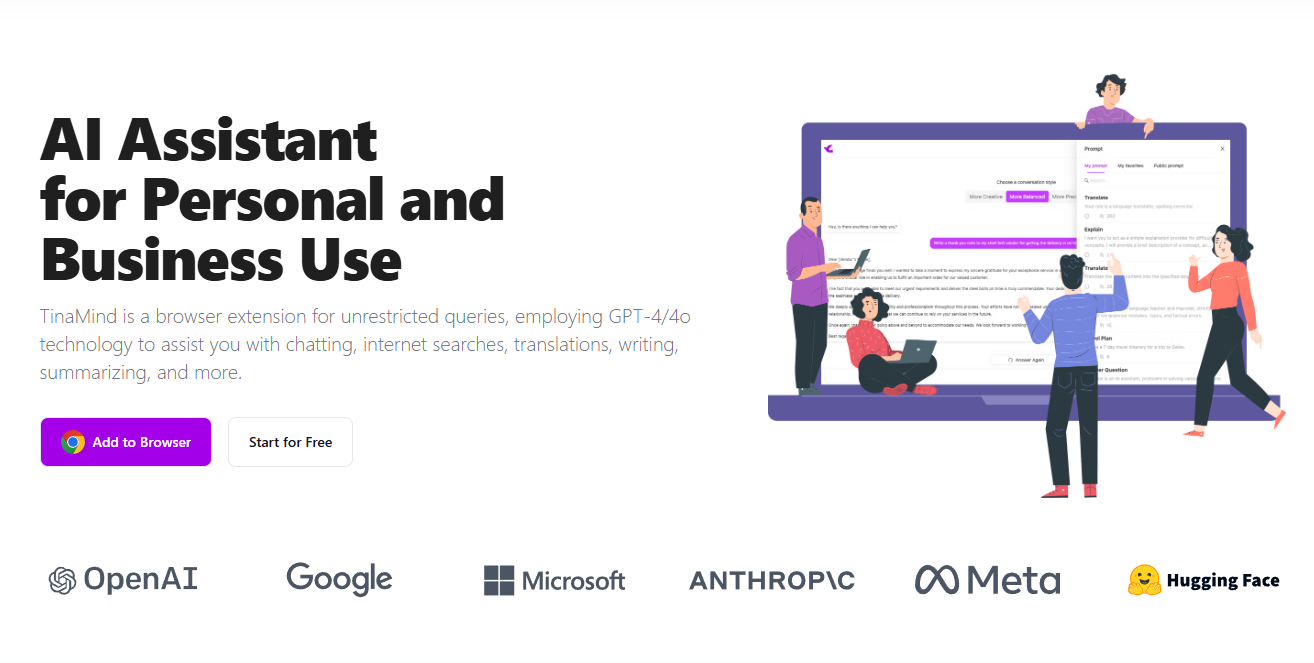Recently, Nvidia announced three new security features on its NeMo Guardrails platform, designed to help enterprises better manage and control AI chatbots. These microservices provide a series of practical solutions specifically for common challenges in AI security and content moderation.

Among them, the content safety service (Content Safety) can review the content of the AI before responding to the user to detect whether there is potentially harmful information. This service helps prevent the spread of inappropriate content and ensures users receive safe and appropriate information.
In addition, the topic control service (Topic Control) is designed to ensure that chat content remains within pre-set topics. This means that chatbots can more effectively guide users to communicate on specific topics, avoid deviating from the original topic, and improve the effectiveness of communication.
The Jailbreak Detection service is used to identify and prevent users from trying to bypass AI security features. This mechanism helps maintain the security of the chatbot and prevent malicious use.
Nvidia says these services do not rely on large language models, but instead use smaller, specialized models, so the demands on computing resources are relatively low. Companies including Amdocs, Cerence AI and Lowe's are currently testing these new technologies in their systems. It is worth mentioning that these microservices will be available to developers as part of Nvidia's open source NeMo Guardrails package, bringing convenience to more enterprises.
With the development of AI technology, how to ensure the security and reliability of AI applications has become an increasingly important topic. The three new features launched by Nvidia will provide enterprises with stronger guarantees when using AI chatbots, helping them become more confident in the digital transformation process.
AI courses are suitable for people who are interested in artificial intelligence technology, including but not limited to students, engineers, data scientists, developers, and professionals in AI technology.
The course content ranges from basic to advanced. Beginners can choose basic courses and gradually go into more complex algorithms and applications.
Learning AI requires a certain mathematical foundation (such as linear algebra, probability theory, calculus, etc.), as well as programming knowledge (Python is the most commonly used programming language).
You will learn the core concepts and technologies in the fields of natural language processing, computer vision, data analysis, and master the use of AI tools and frameworks for practical development.
You can work as a data scientist, machine learning engineer, AI researcher, or apply AI technology to innovate in all walks of life.







